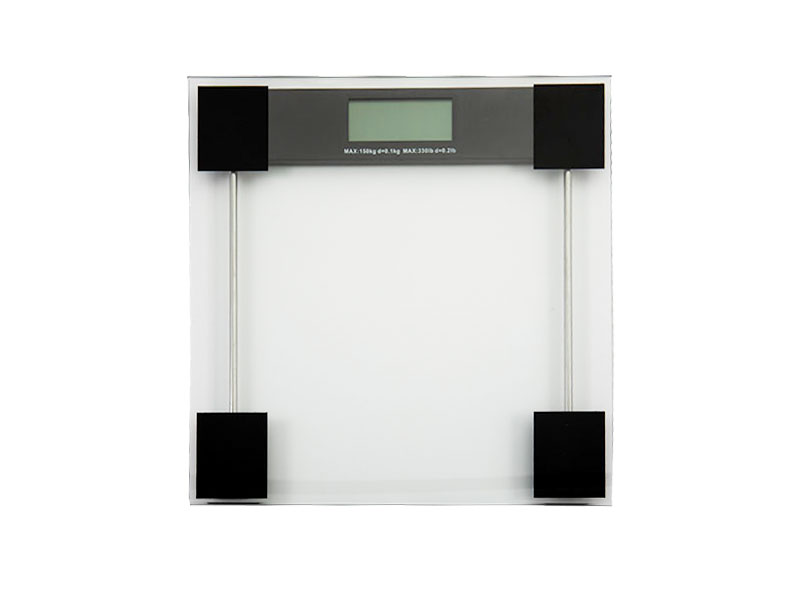In an era where health and wellness have become increas […]
In an era where health and wellness have become increasingly important, the demand for devices that can effectively monitor and track our well-being has risen significantly. Among the various gadgets available, the electronic personal scale has gained widespread popularity as a tool for monitoring and managing body weight. However, the question remains: Is the electronic personal scale the ultimate health monitoring device? In this article, we will explore the capabilities and potential benefits of electronic personal scales in assessing overall health and discuss their role in a comprehensive health monitoring regime.
Bodyweight as a Health Indicator
Bodyweight is a key metric in assessing overall health and is often used as a primary marker in various health management programs. The electronic personal scale allows individuals to measure their weight accurately and monitor changes over time. By regularly tracking body weight, individuals can gain insights into the effectiveness of their diet, exercise routine, and overall lifestyle choices.
Tracking Body Composition
Electronic personal scales have evolved beyond simple weight measurements and now offer features that assess body composition. Many modern scales use bioelectrical impedance analysis (BIA) technology, which measures the resistance of electrical current passing through the body to estimate body fat percentage, muscle mass, bone density, and water content. These additional metrics provide a more comprehensive picture of an individual's body composition and can aid in setting realistic health goals.
Integration with Smart Technology
One of the advantages of electronic personal scales is their ability to integrate with smartphones and fitness tracking applications. This connectivity enables seamless data transfer, allowing users to track their weight trends, set goals, and analyze progress over time. By synchronizing with other health monitoring devices and applications, such as fitness trackers and nutrition apps, users can gain a holistic view of their health and make informed decisions to improve their well-being.
The Role of Electronic Personal Scales in Health Monitoring
Despite the limitations, electronic personal scales can play a significant role in a comprehensive health monitoring plan. They offer a convenient and accessible method to track body weight, which is an important health indicator for many individuals. By consistently monitoring weight trends and body composition changes, users can make more informed decisions regarding their diet, exercise routine, and overall lifestyle.
Furthermore, electronic personal scales serve as motivational tools, providing tangible feedback and progress tracking, which can be crucial for individuals seeking to achieve weight-related goals. The integration with smart technology and fitness tracking applications adds another layer of convenience and accessibility, making it easier for users to monitor their progress and stay motivated.
While the electronic personal scale cannot be considered the ultimate health monitoring device, it undoubtedly offers valuable insights into body weight and composition. By tracking these metrics, individuals can gain a better understanding of their health and make informed decisions to improve their overall well-being. However, it is important to recognize the limitations of these scales and incorporate other health monitoring methods to obtain a comprehensive view of one's health.

Electronic Body Fat Scale ZT2110
Function:
1. Zero, Net, Stable, Low Battery indicator
2. Large LCD display 78x33mm (dark digits)
3. High-precision Measurement
4. Non-slip Feet Design
5. Step-on Automatic and Turn-off Automatic
Packing Information
Packing volume: 325x215x330mm, 6PCS/CTN
N.W.: 8kg G.W.: 9.5kg
20 feet container can hold: 7284PCS
40 feet container can hold: 41112PCS